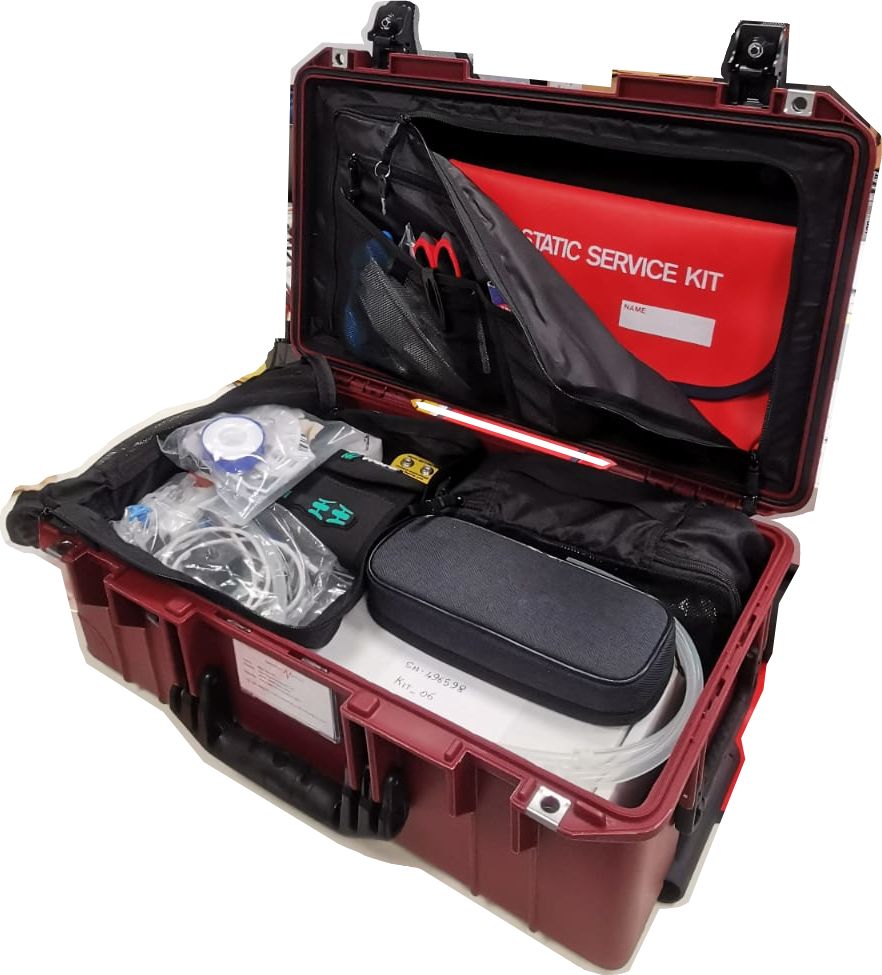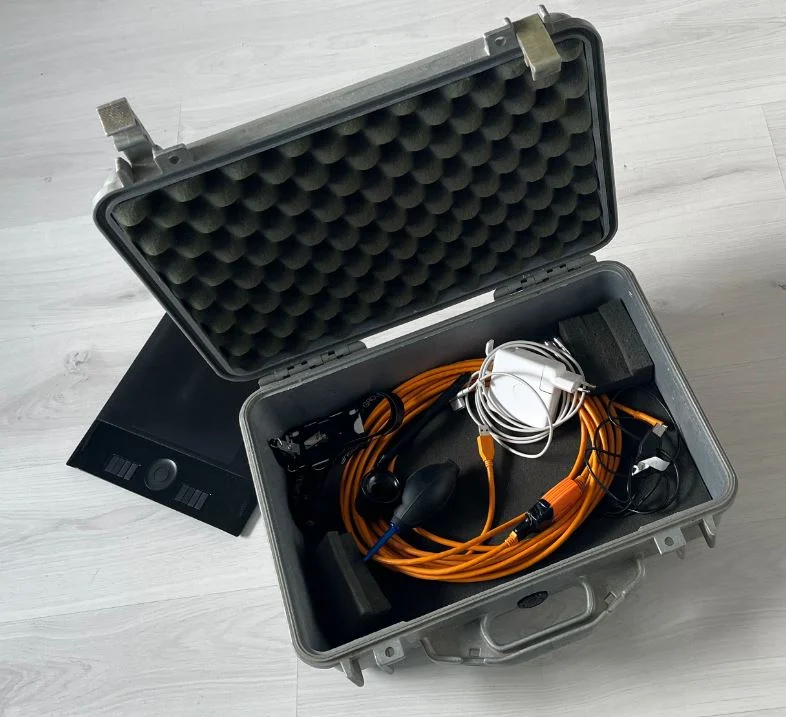Over the years, Peli’s case catalogue has grown, and thus, the company’s manufacturing methods have changed to accommodate newly added case lines. The original Peli case, which includes the Protector, Storm case lines as well as more recently, the Peli Air range, are all injection moulded cases. Our larger more heavy-duty cases such as our rack mount cases, single lid and other specialised products are rotationally moulded. Each manufacturing technique has its merits, and in this post, we’ll attempt to describe the differences between the two.
Rotational moulding vs Injection moulding
Rotational moulding and injection moulding are both common manufacturing techniques used to create plastic products, but they differ in several ways.
Rotational moulding, also known as rotomoulding, is a process in which a hollow mould is filled with a plastic material in powder or liquid form. The mould is then placed into an oven and rotated around two perpendicular axes, causing the plastic to melt and spread evenly over the surface of the mould. Once the plastic has cooled and solidified, the mould is opened, and the finished product is removed. Rotational moulding is often used to create larger, hollow products such as playground equipment, kayaks and of course Peli-Hardigg single lid and rack mount cases.
Injection moulding, on the other hand, is a process in which molten plastic is injected under high pressure into a mould. The plastic then cools and solidifies, taking the shape of the mould. Injection moulding is often used to create smaller, more complex products such as toys, automotive parts, medical devices, and yes, Peli Protector, Storm and Air cases.
One of the main differences between rotational moulding and injection moulding is the size and complexity of the products that tend to be produced with each method. Because rotational moulding creates hollow products, it is better suited for larger items. Injection moulding, on the other hand, is better suited for smaller, more complex and intricate products.
Are there advantages of rotational moulding over injection moulding or vice versa?
Both rotational moulding and injection moulding have their own set of advantages and disadvantages, and the choice between the two will depend on the specific needs of the product and the production requirements. Rotational moulding, as mentioned previously, is ideal for larger, hollow products that require high strength and durability, while injection moulding is ideal for small, complex products that require precise dimensional accuracy and high-quality finishes, and in the case of Peli cases, it also must provide strength and durability.
Peli’s custom case solutions often require rotomoulding due to the size and scale of the projects. Our Advanced Case Centre manufacturing facilities located in both the UK and France are dedicated to providing custom solutions to meet the largest and most complex shipping and packaging requirements. These facilities specialise in the planning, engineering, manufacturing and quality control needs to produce the world’s best and largest custom packaging solutions. To illustrate this point, the largest container produced by Peli was around 4 metres long.
These containers require rotomoulding, as previously mentioned, and in some cases Peli’s cut and weld process can be used to build custom dimensions and oversize containers. One or more host cases are cut and re-joined by melting a polymer rod, producing a seam that is stronger than adjacent wall panels and guaranteed to be watertight.
In summary, rotational moulding and injection moulding are both common techniques for creating plastic products, but they differ in the size and complexity of products that can be produced. If you are interested in speaking to a Peli representative about a project that you have, you may contact us to get an assessment of your project to decide what would be the best choice for you.
Additionally, if you are interested in acquiring a classic Peli Protector, Air or Storm case, we encourage you to visit Peli.com to purchase yours today!






